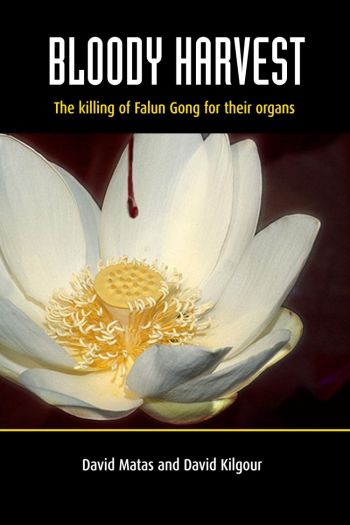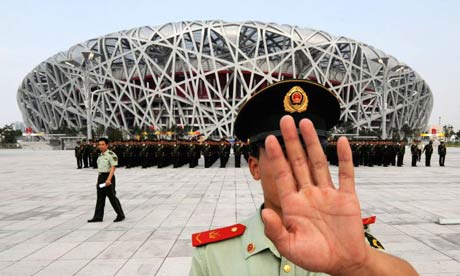The China Bubble (3)
Posted by Author on December 28, 2009
Gady Epstein, Forbes Magazine, dated December 28, 2009- (cont’d)
<<previous
China’s mercantilist trade policy is another contributor to its asset bubble. By artificially depressing the value of its currency and making it difficult for locals to invest abroad, China has forced an artificially large amount of capital to chase after domestic investments, inflating property and stock prices. It’s the same scenario China pursued in late 2007, before its stock market lost two-thirds of its value, but that era was characterized by monetary restraint compared with today.
“It’s a pure debt game,” says Andy Xie, an economist who advises private investors and sees the current bubble as “much worse than previous ones.”
In late November China’s ruling Politburo declared that the nation’s monetary and fiscal promiscuity will continue into 2010. The markets, predictably, were overjoyed. Economists who see parallels to the Russian and Brazilian financial crises a dozen years ago are less sanguine.
“The more debt that’s on the balance sheets, whether you see it or not, the more vulnerable borrowing entities become to shocks,” warns Michael Pettis, a finance professor at Peking University and expert on China’s economy and sovereign debt.
China naysayers have been wrong before. Gordon Chang, author of the 2001 book The Coming Collapse of China, has warned–wrongly, so far–that doom lies around the corner. Cushioning China’s economy is its high growth rate, an estimated $260 billion (but declining) annual current account surplus and, at $2.3 trillion, the world’s biggest foreign exchange reserve.
Bubbles, it bears noting, tend to surprise many observers with their longevity. (A FORBES cover story warned six years too early that the U.S. housing bubble threatened to tank the economy.) But when bubbles do eventually blow, it’s usually with a bang.
In the first nine years of this decade China added an average of $1.50 in new credit to the economy to produce each incremental dollar of output. With so much money chasing domestic investments, that ratio has jumped to $7 of fresh credit for each additional dollar of GDP this year, estimates Pivot Capital Management, a Monaco hedge fund.
All told, China’s ratio of outstanding credit (government and private) to annual GDP stands at 160% and could approach 200% by 2011, which would be similar to the 1991 level in Japan, just as that nation began tottering off the economic precipice. (U.S. ratio: 240%.) “All this points to [the idea] that credit in China is not going to be able to grow much longer without risking a crisis,” Pivot concludes……. (to be cont’d)
Sorry, the comment form is closed at this time.





